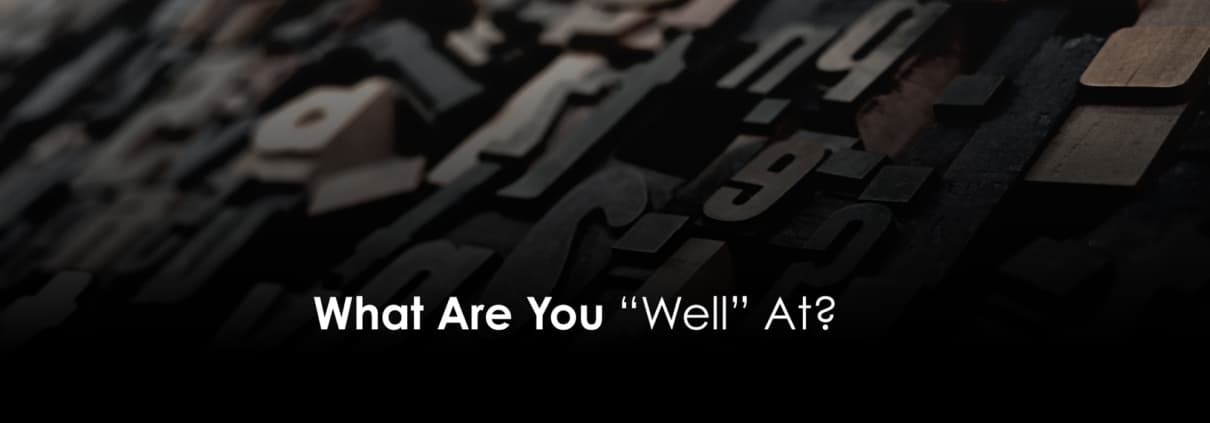Surprising Word Choice Proves Revealing
Regular readers know about my penchant for word play and finding lessons in unexpected places thanks to vocabulary, grammar, and translation issues.
If that kind of blog is up your alley, you should enjoy this one since there’s some of each of those on tap this week…
A few months back in Social Capital in the FamBiz World we looked at the human need for connection.
Since then I’ve realized the importance that social interaction plays in my life, and I’ve also developed a new level of gratitude for the social capital that I enjoy.
Joining Yet Another Group
I’m a member of a number of groups, mostly with peers, that get together over Zoom from time to time for various forms of discussion and interaction.
Most of them actually pre-date this pandemic, so I feel like I had a head start on many people in learning to get the most out of this way of meeting.
I recently joined a new group, and one of the first meetings we had was the source of inspiration for this week’s post.
Unlike all my other groups, this one conducts its business in French, which is my second language, but being a lifelong Montrealer, I’m sufficiently fluent, and I speak it both professionally and socially on a daily basis.
Colleagues Learning from Colleagues
Our facilitator, Jessica, was setting up a discussion and at one point I thought I knew what she was about to say but then she went in a different direction and it threw me off a bit.
We were talking about choosing the kinds of things advisors might decide to specialize their practices in, and as she was listing ways to make such choices she began to mention “Dans quoi on est…” which translates literally to “In which one is…”
My mind jumped ahead and filled in “bon”, which is French for “good”.
Of course, we want to choose to do things that we are good at, right?
But then, instead of saying “bon”, she said “bien”, which means “well”.
There’s a Lesson (or Two) in There
Jessica was making the point that we should concentrate on doing things that we’re “well” at, or, as a better translator might say, things that make us feel well.
Could she be on to something, suggesting that things we can feel good about doing and that make us feel well and good is even more important than concentrating on things that we are good at, i.e that we execute well?
And although we were sharing ideas amongst advisors to family enterprises, what are the implications of such a “discovery” for the members of the families we work with?
Doing Versus Being
This is all about the difference between “doing” and “being”, which are two really different yet related ways of looking at oneself.
And, interestingly, the way they interrelate evolves over time. The more you practice doing something, the more it becomes part of who you are.
Of course this also brought back memories of a piece I wrote last year, Ikigai: a Four Circle Model of Human Capital.
That was about finding the true sweet spot of things we do well, things we like to do, things the world needs, and things we can get paid to do.
Examples for Legacy Families
While reflecting on these questions is important for professionals who work with families, they can take on even more significance for members of those families.
And, they give rise to another aspect of belonging to such a family, as I noted earlier this year in Where Do You FIT in your Business Family?
I think it’s interesting that I noted at the beginning of this piece the importance of social interaction in my life, as I continue to figure out where I fit in this wonderful world of working with enterprising families.
Feeling Well and Doing Good
Being part of this evolving field and making whatever contributions I can makes me feel good and I think that I’m doing a decent job.
Members of legacy families can often minimize the importance of finding activities for which they get paid, by virtue of the fact that they may have other assets off which they can live.
When I work with families, part of what I’m hoping I can help them achieve is that each person can do some good for the family while also feeling good about their place within the group.
That’s often way more important than money.





